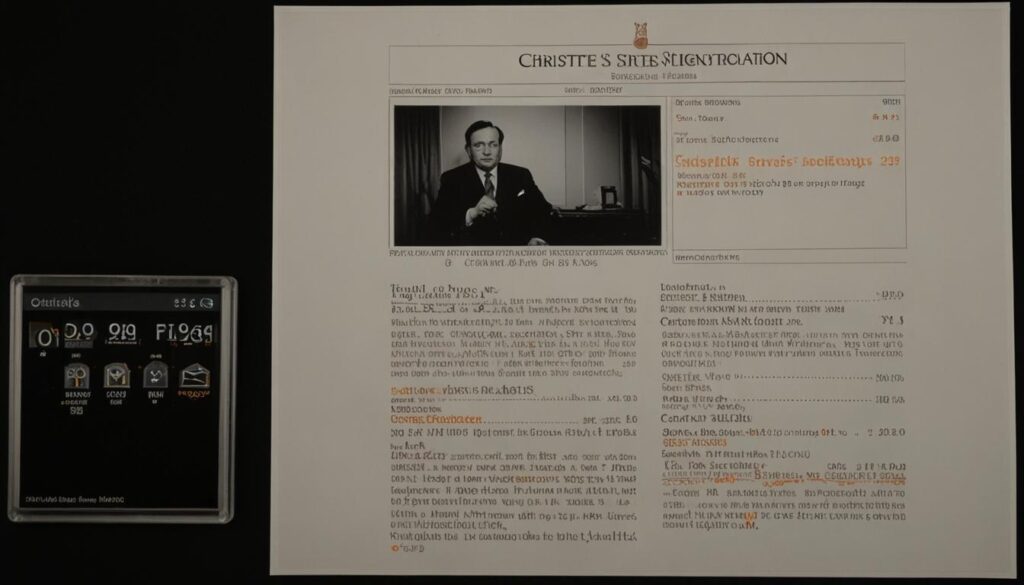Christie’s and BMW are leading the way in sustainability efforts, showcasing impressive reductions in carbon emissions and environmental initiatives. Both companies highlight the importance of collaboration and systemic change in achieving long-term sustainability goals.
Christie’s and BMW Report Progress on Sustainability Initiatives
Christie’s has published its fourth Environmental Impact Report for 2023, showing a 57% reduction in carbon emissions since 2019, despite an 11% rise year-on-year due to increased travel and shipping. The art and luxury business, the first major auction house to launch a sustainability strategy in 2021, has achieved emissions reductions in IT, buildings, and publishing. Notably, the company saw a 50% reduction in data center emissions by transitioning to a cloud-based system and improving e-waste recycling. Emissions from blockchain activities reduced by nearly 100% due to energy-efficient Proof-of-Stake mechanisms.
Christie’s is currently awaiting validation of its 2050 plans from the Science Based Targets initiative (SBTi).
Meanwhile, BMW, represented by Senior Vice President Hendrik Lang, showcased its sustainability efforts at London Climate Action Week. BMW has a long history of environmental initiatives, aiming to reduce overall carbon emissions by 40% by 2030 compared to 2019 and achieve net zero by 2050. The company focuses on decarbonizing its supply chain, especially in steel, aluminum, and battery production, achieving a reduction equivalent to 1.7 million tons of CO2 in 2023 through carbon-reduced contracts.
Both companies demonstrate significant strides in sustainability, highlighting the importance of industry collaboration and systemic change.

















